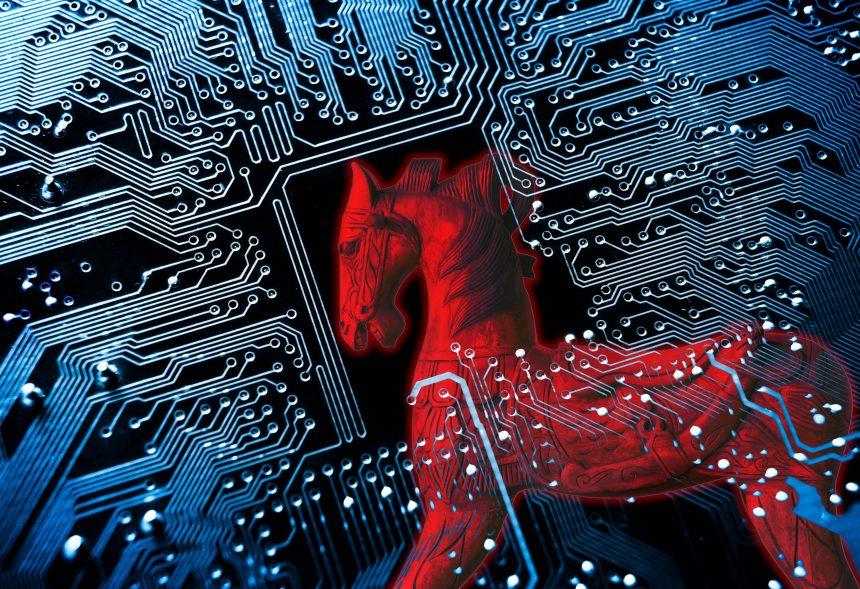Dispout is a Trojan that Hackers Use to Monitor Your Online Activity
A Trojan, like Dispout, is a type of malicious software that disguises itself as a legitimate program to trick users into installing it. Once installed, it performs various harmful actions without the user’s knowledge. Trojans are a serious threat as they can compromise your computer’s security, steal sensitive information, and provide unauthorized system access to hackers.
Trojans are often disguised as harmless or useful programs, such as software updates, games, or productivity tools. Users unknowingly download and install them, often from untrustworthy sources or by clicking on malicious links. Once installed, the Trojan establishes a connection between the infected computer and the attacker’s remote server. This allows the hacker to gain unauthorized access to the affected system and control it remotely.
Trojans can collect sensitive information from your computer, such as login credentials, financial data, personal files, or data on browsing habits. This stolen information can be used for identity theft, financial fraud, or other malicious purposes. Trojans enable hackers to take control of your computer, allowing them to perform various malicious activities. Depending on what the hackers want them to do, trojans may execute various commands, install additional malware, modify or delete files, or use your computer as part of a larger botnet for criminal activities.
How to Remove Trojans from Your Computer
Disconnect from the Internet
Disconnect your computer from the network or disable Wi-Fi to prevent further communication between the Trojan and the attacker’s server.
Use Malware Remediation Software
Consider using reputable anti-malware software. Run a full system scan to detect and remove trojans or other related files.
Perform a System Restore
If the trojan has caused significant damage to your system, performing a system restore to a point before the infection occurred can help revert your system to a known clean state. Be cautious as this may result in the loss of recent files or changes made after the restore point.
Update and Patch
Ensure that your operating system, applications, and plugins are up to date with the latest security patches. This helps close any vulnerabilities that trojans may exploit.
Review and Secure Accounts
Change passwords for your online accounts, especially those related to banking, email, and social media. Enable two-factor authentication (2FA) where available for added security.
Educate Yourself
Be vigilant about safe computing practices. Avoid downloading files or clicking links from untrusted sources, be cautious of email attachments, and regularly backup your important files.
By following these preventive measures and promptly addressing any suspected Trojan infection, you can significantly reduce the risk to your computer and personal information.
If you are still having trouble, consider contacting remote technical support options.





